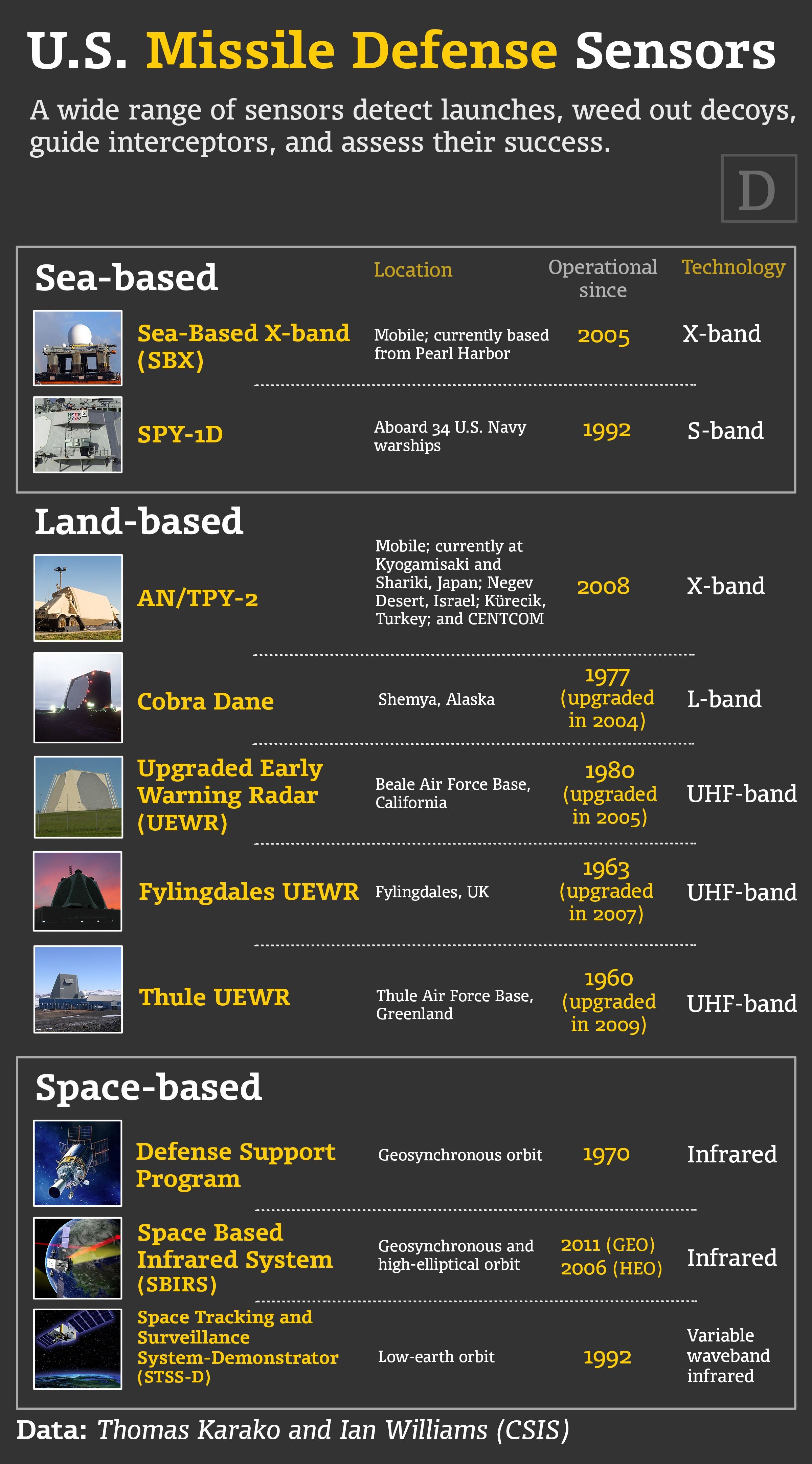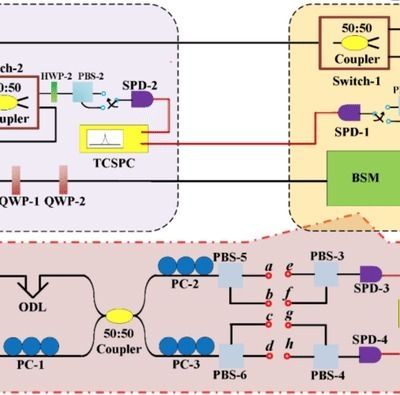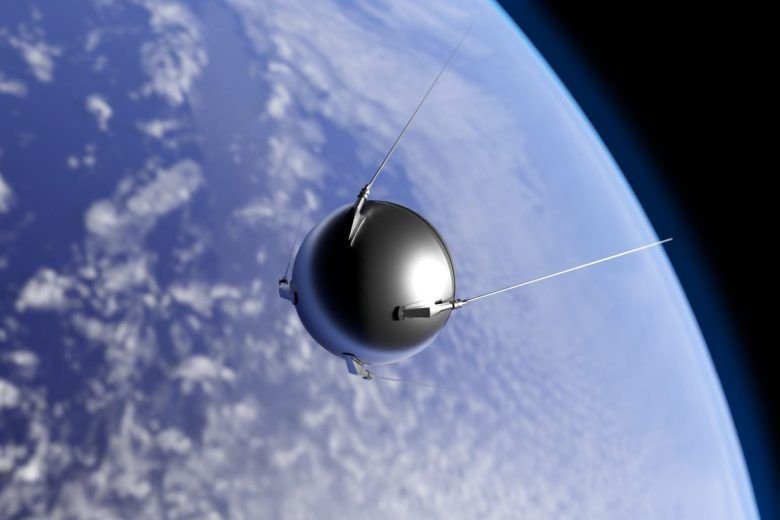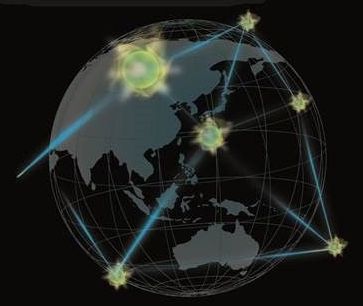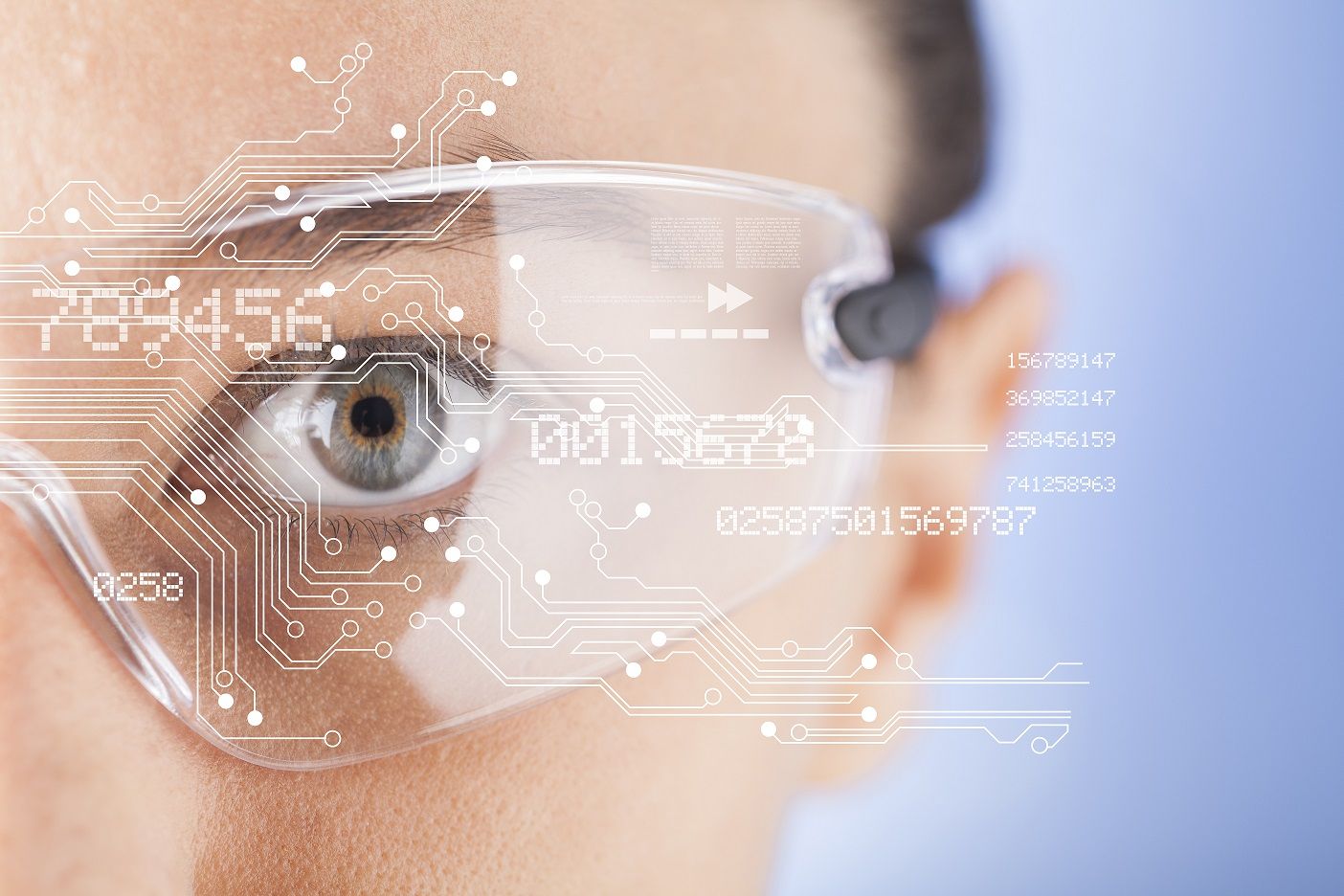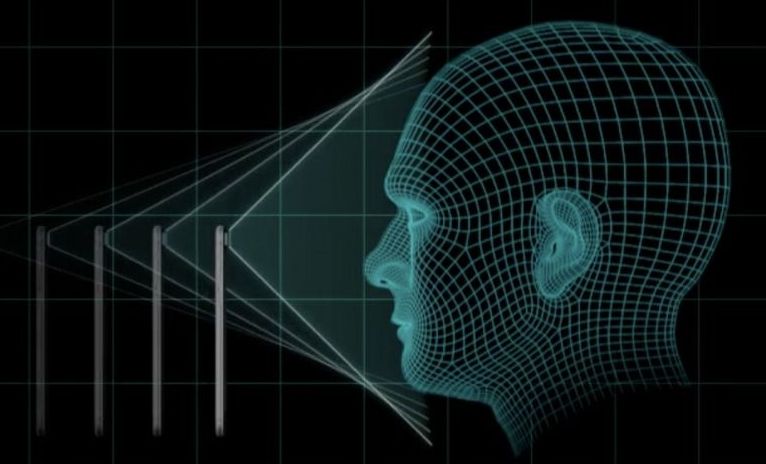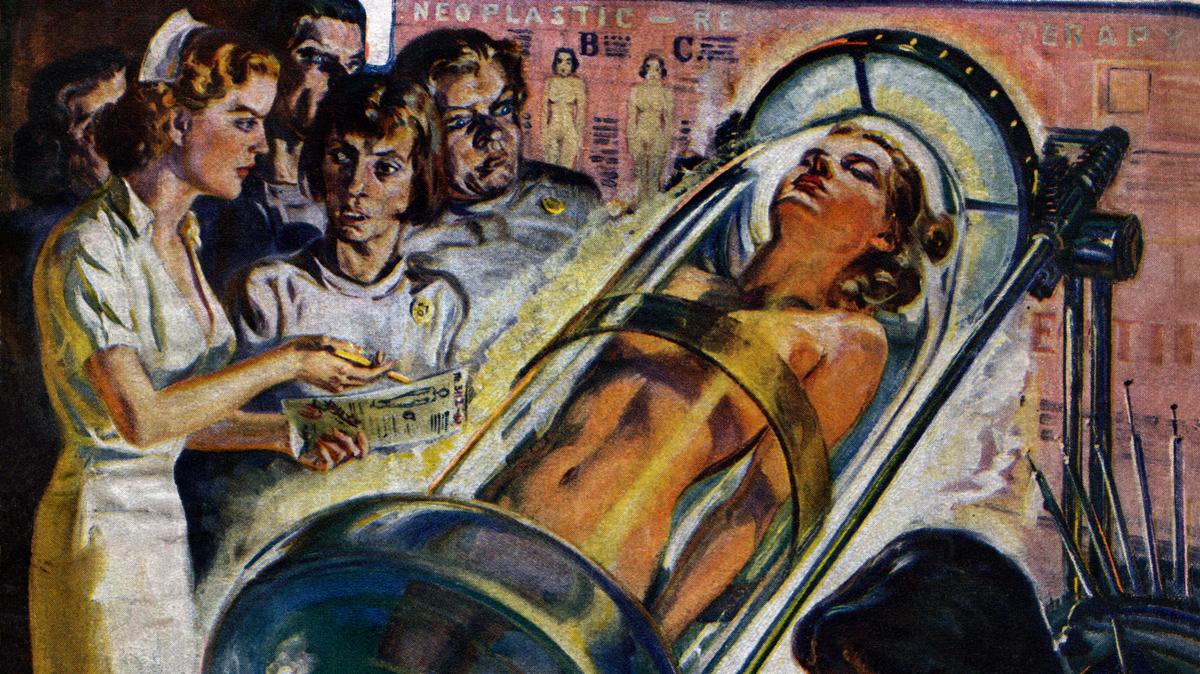With yesterday’s terrible shooting tragedy, I’m hearing lots of calls for more gun control to reduce violence in the US. But that’s essentially impossible to accomplish. There are 300 million guns in America. Congress faces a statistical impossibility to make a real dent in gun control and possession (politicians saying otherwise are playing you for votes—the gov is not going to go house to house to collect guns). HOWEVER, better ways to combat terrorism and gun violence could be achieved through better medicine and figuring out better ways to keep wounded peope alive. We should focus our energy and science money on treating trauma victims (and also on prevention of mental disease and sociopaths). Also, drones can be designed to seek out shooters in public places in 30 seconds and stop what they’re doing (instead of letting them shoot for 10 minutes). Why don’t major public venues and events have them yet? Ask you government? Demand better responses so our society is safer. Also, entreprenuers, get out there and do something about this. Hotels would pay big money for see-through-wall technology that would alert staff that someone has 20 weapons in a room. Lots of this tech is already here. All these terrorism and gun violence issues can be best figured out by tech and science. Stop sending prayers, and instead send some engineers and technologists to solve the problems. This tragic ongoing violence will continue until tech and science solves it.
“If you make the human body virtually indestructible, being wounded loses some of its relevance.”
America is reeling in shock from multiple shooting tragedies. The national feeling is that the violence is increasing in frequency and there’s no end to the angst.
In the last few weeks, we’ve experienced tragic episodes in Dallas, Minnesota, Baton Rouge, and Orlando. Politicians have decried the events, calling on Congress to do more about gun control, police responsibility, and racism.
While I passionately support policies that would make Americans safer and diffuse racism, I don’t think people are going to change anytime soon. However, there is something that could significantly change our national security regardless of what tragedy strikes: far better trauma medicine.
